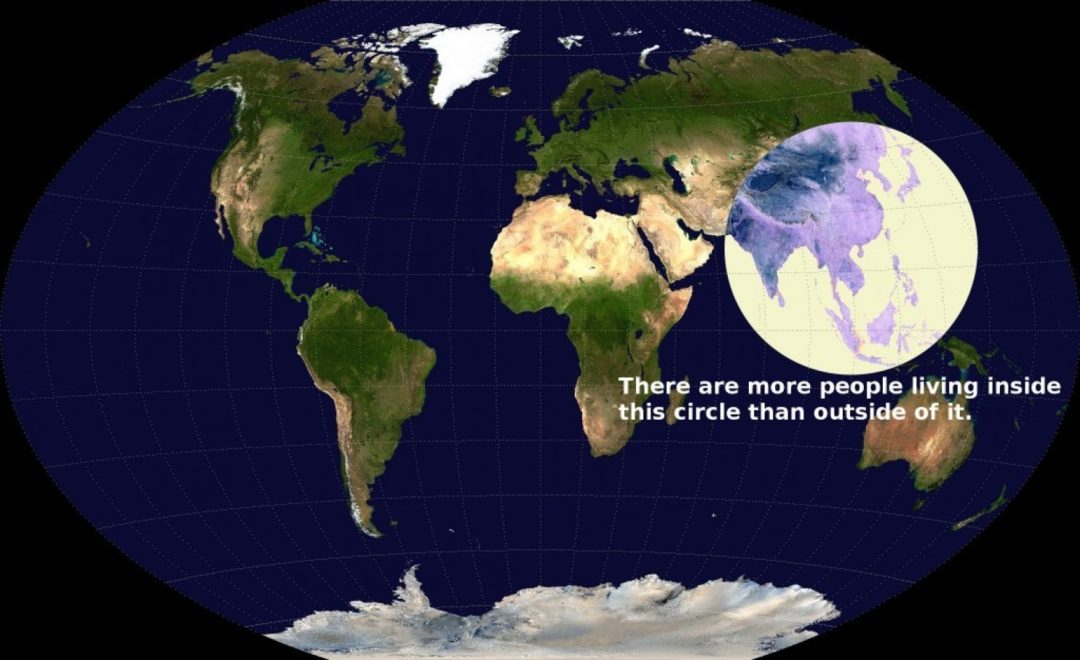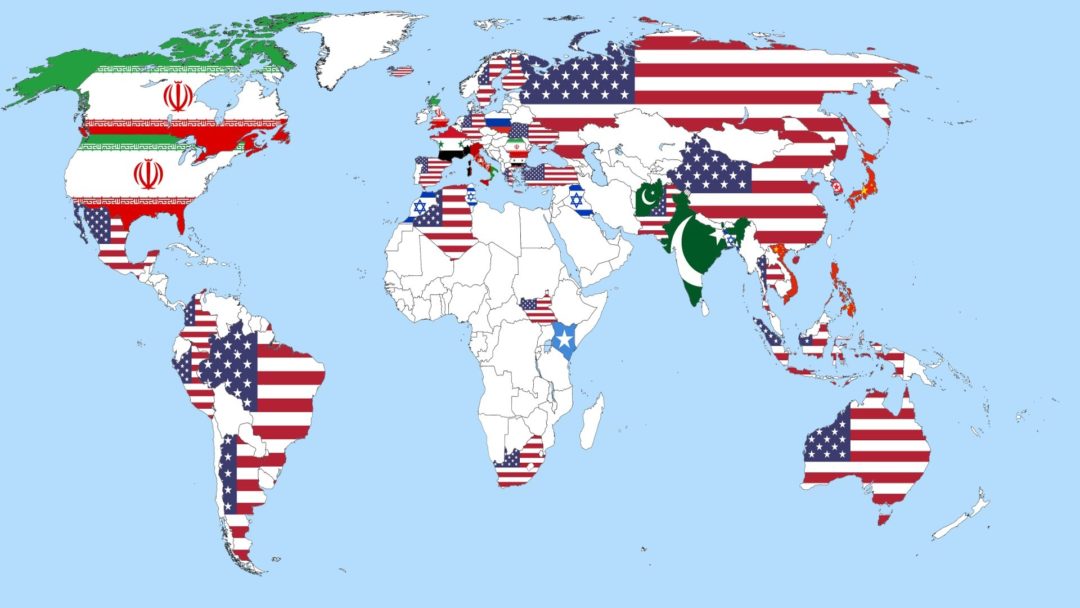The Small Country Coalition: How Nations with Fewer than 30 Votes Could Shape a New United Nations
In the proposed reimagining of the United Nations outlined at Barackface.net, a new global voting structure replaces the antiquated veto system. This model combines GDP (40%), Population (40%), and Equal Representation (20%) to assign each country a weighted vote total.
While this framework increases fairness by accounting for both size and economic capacity, a striking feature emerges when the numbers are analyzed:
A large majority of countries—over 130 of them—would receive fewer than 30 votes each.
At first glance, this may appear to marginalize them. But in reality, if these smaller countries were to coordinate and vote as a bloc, they would wield extraordinary collective power, particularly on issues that disproportionately impact them—climate change, migration, global inequality, debt restructuring, resource rights, and digital access.
🔍 The Numbers Tell the Story
Let's consider this:
-
The total number of UN member countries: 195
-
Countries with <30 votes each in this system: Roughly 130–140
-
Average vote count in this group: 5–25 votes
-
Combined voting power: Well over 30% of total votes—potentially decisive in majority voting outcomes
In other words, what they lack individually, they can command collectively.
🤝 What This Coalition Could Do
1. Shape Global Agendas
Small countries are often most affected by global problems they did not create—rising sea levels, global inflation, AI-driven job disruption. By banding together, they can place these issues front and center at the UN.
2. Block or Amend Resolutions
Even without a veto, a 130-nation bloc can stop any resolution that doesn't align with their interests by leveraging their collective weight in new-vote-based procedures.
3. Champion Equity in Global Rules
From trade to internet governance to environmental treaties, small nations could push for development-focused frameworks, universal digital rights, and debt relief mechanisms.
4. Reinforce Global Norms
This bloc could become a guardian of international law, human rights, and multilateralism—values often bulldozed by major powers acting unilaterally.
🌍 The Moral and Political Power of Unity
There is already precedent for this:
-
The G77 (Group of 134 developing nations) has historically shaped discussions on development finance.
-
The Alliance of Small Island States (AOSIS) has been a powerful voice in climate negotiations.
-
The Non-Aligned Movement (NAM) once represented a third of humanity.
In this new model, such cooperation would not only be moral but numerically and procedurally powerful.
⚠️ Challenges to Coalition Building
Of course, forging a coalition of 130+ nations is no easy feat. Some barriers include:
-
Geopolitical alignment differences (e.g., small U.S.-aligned nations vs. China-aligned ones)
-
Language, culture, and regional divides
-
Dependence on foreign aid, which can create pressure not to oppose major powers
-
Lack of diplomatic infrastructure in many microstates
But these can be overcome through:
-
A formalized caucus of <30-vote nations
-
Shared digital platforms for coordination
-
Rotating leadership with clear guiding principles (sustainability, sovereignty, equity)
📌 Final Thought: The Power of the Many
This new UN voting system doesn’t just dilute the veto—it democratizes power. And in this new system, small countries don’t have to stay small—not in voice, not in influence, not in legacy.
If the coalition of <30-vote nations rises, the next century of global governance could be written not in the halls of five capitals, but through the wisdom of 130 diverse, determined voices.
Let the small countries lead—together.
They may hold the key to building a just and balanced future.
छोटा देश, बड़ी ताकत: कैसे 30 से कम वोट पाने वाले देश मिलकर संयुक्त राष्ट्र में बदलाव ला सकते हैं
Barackface.net पर प्रस्तावित संयुक्त राष्ट्र के पुनर्गठन मॉडल में एक नया वोटिंग सिस्टम सुझाया गया है, जो पुराने वीटो सिस्टम को समाप्त करता है। इस प्रणाली में किसी भी देश की वोटिंग शक्ति इस सूत्र के अनुसार तय होती है:
कुल वोटिंग शक्ति = 40% GDP हिस्सा + 40% जनसंख्या हिस्सा + 20% समान वोट (हर देश को 1/195)
यह प्रणाली अधिक न्यायसंगत है क्योंकि यह अर्थव्यवस्था, जनसंख्या और संप्रभुता तीनों को ध्यान में रखती है।
लेकिन जब इस फॉर्मूले को गहराई से देखा जाए, तो एक रोचक और शक्तिशाली बात सामने आती है:
195 देशों में से लगभग 130–140 देशों को इस प्रणाली में 30 से कम वोट मिलेंगे।
पहली नजर में यह कमज़ोरी लग सकती है, लेकिन अगर ये सभी देश एकजुट होकर एक ब्लॉक बना लें, तो ये संयुक्त राष्ट्र में एक निर्णायक शक्ति बन सकते हैं—खासतौर पर उन मुद्दों पर जो छोटे देशों को सबसे ज़्यादा प्रभावित करते हैं, जैसे जलवायु परिवर्तन, ऋण, पलायन, वैश्विक असमानता, और डिजिटल अधिकार।
🔍 आँकड़े क्या कहते हैं?
-
UN सदस्य देश: 195
-
जिन्हें <30 वोट मिलते हैं: करीब 130–140 देश
-
इन देशों की औसत वोट संख्या: 5 से 25
-
सामूहिक वोटिंग शक्ति: कुल वोटों का 30% से भी अधिक—यह एक निर्णायक शक्ति हो सकती है
मतलब यह कि जो शक्ति इन्हें अकेले नहीं मिलती, वह संगठित होकर हासिल हो सकती है।
🤝 यह गठबंधन क्या कर सकता है?
1. वैश्विक एजेंडा तय कर सकता है
छोटे देश अक्सर ऐसे वैश्विक संकटों से सबसे अधिक प्रभावित होते हैं जिनमें उनका योगदान न्यूनतम होता है—जैसे समुद्र स्तर में वृद्धि, मुद्रास्फीति, या AI से नौकरियों का नुकसान। एकजुट होकर वे इन मुद्दों को UN की प्राथमिकता बना सकते हैं।
2. प्रस्तावों को रोक सकते हैं या संशोधित कर सकते हैं
बिना वीटो के भी, अगर 130 देश किसी प्रस्ताव के खिलाफ खड़े हो जाएं, तो वह पास नहीं हो पाएगा। यह एक संयुक्त शक्ति है।
3. विकासशील दृष्टिकोण को आगे बढ़ा सकते हैं
ट्रेड, डिजिटल दुनिया, पर्यावरण समझौते—हर जगह ये देश न्याय और समानता आधारित वैश्विक नीतियों के लिए दबाव बना सकते हैं।
4. वैश्विक नियमों की रक्षा कर सकते हैं
यह समूह मानवाधिकारों, अंतर्राष्ट्रीय कानून और बहुपक्षीयता का संरक्षक बन सकता है।
🌍 नैतिक और रणनीतिक शक्ति का उदाहरण
ऐसे उदाहरण पहले से मौजूद हैं:
-
G77, जो 130+ विकासशील देशों का समूह है
-
AOSIS, छोटे द्वीप देशों का जलवायु संघर्ष में मजबूत आवाज़
-
NAM (गुटनिरपेक्ष आंदोलन), जो एक समय पर एक तिहाई मानवता का प्रतिनिधित्व करता था
अब नई प्रणाली में यह गठबंधन सिर्फ नैतिक नहीं, बल्कि संख्यात्मक और रणनीतिक रूप से भी ताकतवर होगा।
⚠️ चुनौतियाँ भी हैं
-
राजनीतिक असहमति: कुछ देश अमेरिका के करीबी, कुछ चीन के
-
भाषा और क्षेत्रीय विविधता
-
विदेशी सहायता पर निर्भरता, जिससे दबाव बनाया जा सकता है
-
डिप्लोमैटिक इंफ्रास्ट्रक्चर की कमी
लेकिन समाधान भी हैं:
-
<30 वोट वाले देशों का औपचारिक ब्लॉक
-
डिजिटल प्लेटफॉर्म से समन्वय
-
घूर्णन नेतृत्व और साझा सिद्धांत (समानता, स्थिरता, संप्रभुता)
📌 अंतिम विचार: संख्या में शक्ति है
यह नया वोटिंग सिस्टम सिर्फ वीटो को कमजोर नहीं करता, यह सत्ता को लोकतांत्रिक बनाता है।
इसमें छोटे देश भी “छोटे” नहीं रह जाते—न विचार में, न प्रभाव में, न इतिहास में।
अगर <30 वोट वाले देश एकजुट हो जाएं, तो अगली सदी की वैश्विक राजनीति 5 राजधानियों से नहीं, बल्कि 130 विविध देशों की एकता से लिखी जाएगी।
छोटे देश, एक साथ चलें—तो भविष्य की दिशा तय कर सकते हैं।
#UNReform #GlobalSouth #SmallStatesBigImpact #UnitedNations



No comments:
Post a Comment